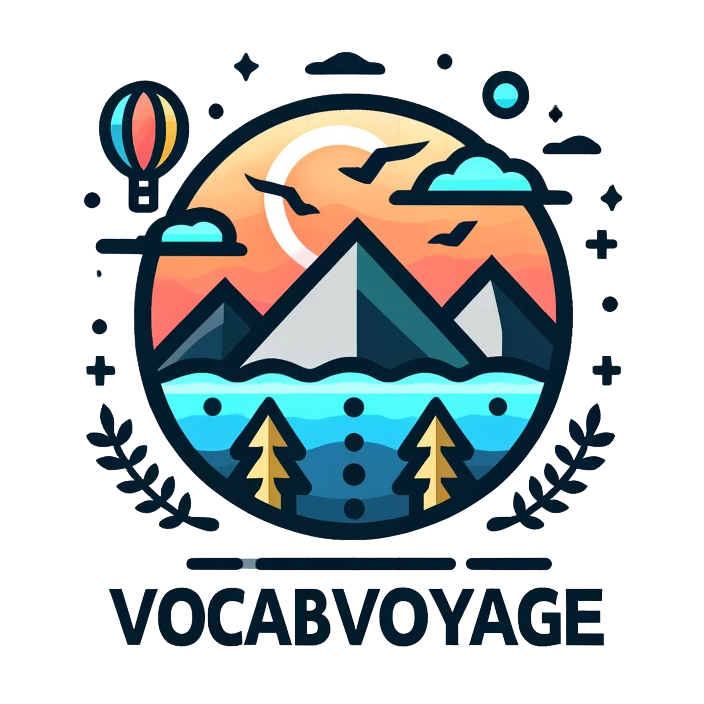Michel Thomas Method Review: Does It Work for Language Learning?
Are you on a quest to add another language to your linguistic treasure chest? 🌍✨ If so, you’ve probably come across the Michel Thomas Method in your research. This language learning approach has garnered attention for its unique take on acquiring new languages. But the question remains: does it actually work? Let’s dive into what it is, how it functions, and whether it can complement tools like our own Vocab Voyage platform, designed to skyrocket your vocabulary from levels A2 to C1.
What Is the Michel Thomas Method?
The Michel Thomas Method was created by Michel Thomas, a polyglot and language teacher. His approach focuses on removing the stress from learning. Thomas believed in introducing learners to language structures in a way that feels intuitive and effortless. 🧠💡 Picture sitting in a room with a few other students and Michel Thomas himself, guiding you through the language naturally, without homework or memorizing. Sounds pretty cool, right? This method uses the power of listening and responding to gradually introduce new words, phrases, and structures, building the language piece by piece.
How Does It Work?
At the heart of the Michel Thomas Method are audio lessons. These lessons simulate a classroom setting where Michel Thomas teaches two students while you listen in. The idea is that you learn alongside these students, participating in a relaxed, conversational way. 🎧🗣 The method avoids rote memorization and encourages understanding the language’s building blocks to construct sentences on your own.
One of the key advantages is its focus on comprehension and spoken language right from the start. It’s designed to build confidence in speaking and understanding without getting bogged down by grammar rules and written exercises. It’s all about gaining a practical command of the language quickly.
Does It Work for Everyone?
Whether the Michel Thomas Method works for you might depend on your learning style. If you are an auditory learner and enjoy learning through conversation and listening, this could be a golden ticket 🎫✨ for you. It’s particularly beneficial for beginners or those at an intermediate level who want to boost their speaking and listening skills in a new language.
However, if you’re someone who thrives on visual aids, writing, and reading, you might find this method lacking since it doesn’t heavily focus on reading or writing aspects of language learning. That’s where combining it with a vocabulary learning tool like Vocab Voyage can shine 🌟, providing a more rounded approach to mastering a new language.
Complementing Michel Thomas with Vocab Voyage
Vocab Voyage is the perfect companion for the Michel Thomas Method. While Michel Thomas builds your foundational speaking and listening skills, Vocab Voyage can take your vocabulary from good to great! 🚀 Our platform is tailor-made for enthusiastic language learners from levels A2 to C1, focusing on expanding your vocabulary efficiently and effectively.
Think of Vocab Voyage as your personal vocabulary gym. Just as Michel Thomas encourages natural acquisition of language through comprehension and conversation, Vocab Voyage ensures that you have all the words you need at your disposal, strengthening your language skills across the board. 📚💪
Final Verdict
So, does the Michel Thomas Method work for language learning? The answer is a resounding “yes,” but with the caveat that it works best when paired with other learning tools and strategies. Everyone’s language learning journey is unique, and the best approach is one that is tailored to your learning style, goals, and the areas of language you wish to master.
Whether you’re starting from scratch or looking to advance your skills, blending methods like Michel Thomas’s with targeted vocabulary expansion using Vocab Voyage can create a powerful, personalized path to fluency. Remember, the best way to learn any language is to stick with it, regardless of the method 🎯🌟. Happy learning!
Now that you’re armed with knowledge, why not set sail on your Vocab Voyage today and see where your new language skills can take you? 🚢🌈
